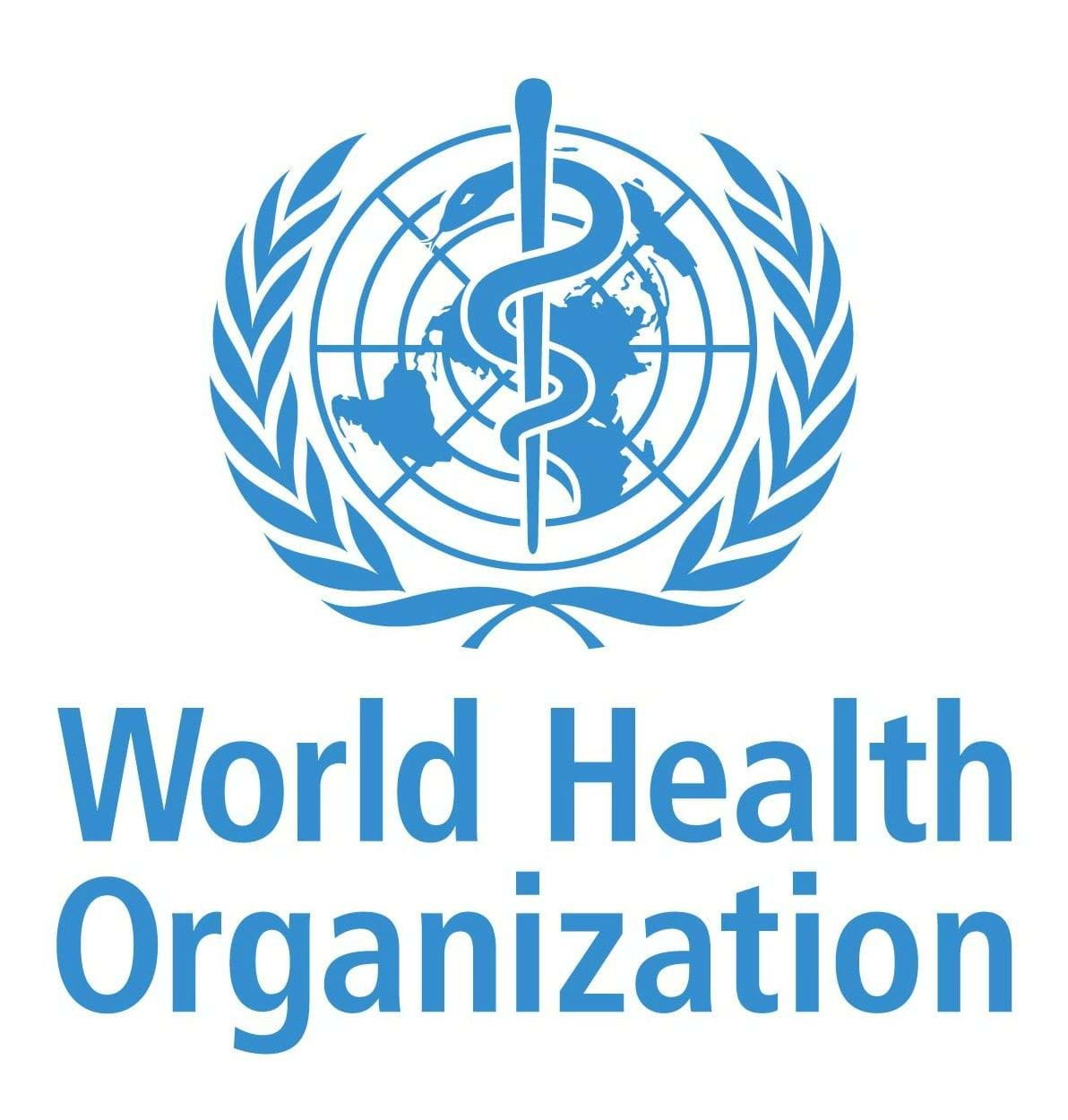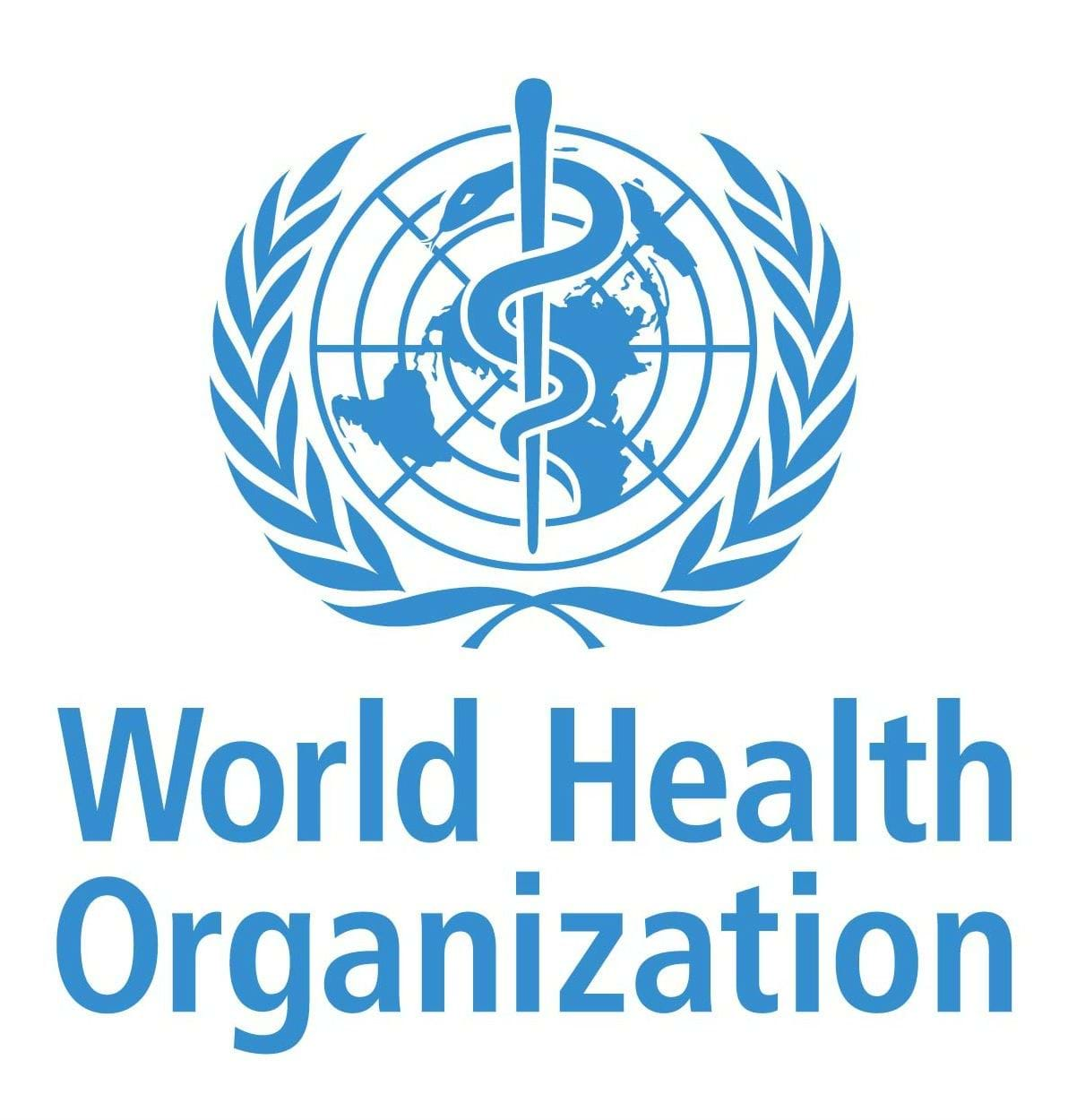At a celebration event on the sidelines of the 77th World Health Assembly (WHA), partners and donors gathered to commemorate 50 years since the WHA passed a resolution that called for the establishment of a research programme now known as TDR. Distinguished guests included the Minister of Public Health of Cuba, the Director General of Ethiopia’s Armauer Hansen Research Institute and the President of Brazil’s Oswaldo Cruz Foundation (Fiocruz).
Since 1974, TDR has been a leader in research to address infectious diseases of poverty and in building the capacity of people, communities and institutions in low- and middle-income countries. TDR’s recent history includes significant milestones such as the approval of the first new treatment for river blindness in 30 years, and Bangladesh’s elimination of visceral leishmaniasis as a public health problem, an achievement that was made possible as a result of decades of research informing elimination policies.
“TDR’s focus on research for implementation, research capacity strengthening and global engagement results in long-term impacts through a health system strengthening approach that goes beyond individual disease control programmes,” said Mr Enrico Balducci, Global Health Attaché at the Ministry of Foreign Affairs of Belgium. “This is why Belgium is proud to be a long-standing donor and member of TDR’s Joint Coordinating Board.”
|
|
-and-professor-afework-kassu-credit-tdr-v-gouel.png?sfvrsn=ab761937_5) Dr Montasser Kamal (left) and Professor Afework Kassu Credit: TDR / Violaine Martin |  Guests at the reception held at Restaurant Vieux Bois in Geneva Credit: TDR / Violaine Martin |
Dr José Angel Portal Miranda, Minister of Public Health of Cuba, highlighted the importance of TDR’s support for research on vector-borne diseases such as dengue, Zika and chikungunya. Professor Afework Kassu, Director General of the Armauer Hansen Research Institute (AHRI) in Ethiopia, also spoke of the strong partnership between TDR and AHRI that has helped catalyse individual, institutional and national research capacity in the country.
While TDR continues to focus on supporting research in disease-endemic countries and strengthening research capacity in those countries, it is also evolving as outlined in the new TDR Strategy 2024–2029, which aims to address diseases of poverty in the context of a dynamic global health environment.
"We are a strong supporter of TDR's One Health approach to infectious diseases, as it is becoming increasingly important for research on complex issues to involve expertise from multiple sectors,” said Dr Montasser Kamal, Global Health Director of Canada’s International Development Research Centre.
For more information, please contact Dr Garry Aslanyan.
TDR, the Special Programme for Research and Training in Tropical Diseases, is a global programme of scientific collaboration co-sponsored by the United Nations Children’s Fund (UNICEF), the United Nations Development Programme (UNDP), the World Bank and the World Health Organization (WHO).


 Mr Enrico Balducci Credit: TDR / Violaine Martin
Mr Enrico Balducci Credit: TDR / Violaine Martin-and-fiocruz-president-dr-mario-moreira-credit-tdr-v-gouel.png?sfvrsn=f351688c_5)